Sale. Another four-letter word, but one that brings excitement and joy to many. Here at PurseBop, however, we’ve been pondering whether for luxury buyers, sale really is a curse rather than a blessing.
Of course you’ve read the first-hand accounts by our devoted brand aficionados and readers of this week’s Hermes Paris sale – “worst experience I’ve ever had shopping” and “I felt I was in a prison camp.” Those certainly are not ringing endorsements to attend the big sale. For them and many others, it’s just not worth it. But, our concern is more than that: Do these sales devalue our Hermes (and other luxury) goods? (for more testimonials read: Live Reports and Updates on Hermès Sales in Paris and the US).
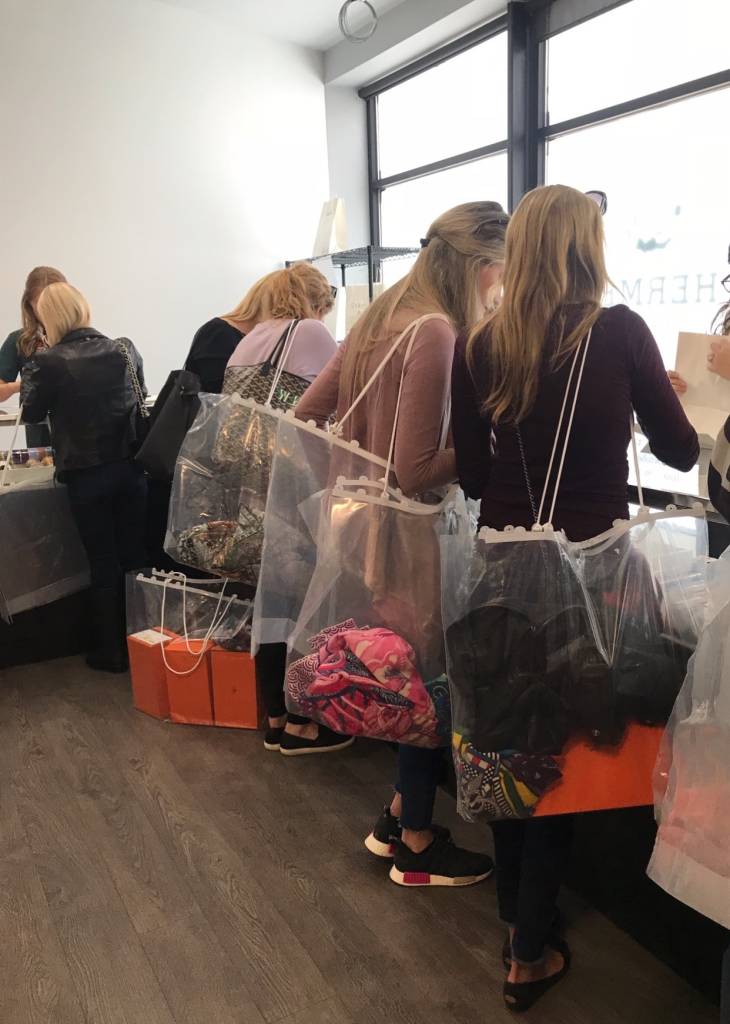
Chicago Sale October 2017
1. If you think you can ultimately get it cheaper, will you buy it at full price?
With each new season, consumers rush to get the hottest, latest merchandise – whether it be a bag, sweater, scarf or bracelet. Scarcity increases the demand. You feel the rush to buy quickly as you are warned it’s the last available or stock is limited, which all may well be true at that moment. However, if time after time, six months later you see others picking up that same au currant item for half-price, perhaps you hesitate that first time around. Wait and see…or pull out your crystal ball to predict which items will make to sale and which will not. Either way, the potential of price reductions affects your buying decision.
This dilemma is not unique to the luxury level. Off-price and off-market outlets (like Last Call, Nordstrom Rack, Saks Off Fifth, TJMaxx) – while a way to bump up sales volume and reduce inventory – also can cannibalize their very own high-end full-price retail markets. Hermes itself announced in advance its winter sales dates and already has the summer 2018 sale scheduled on the public calendar. This could reduce the full price sales now… as savvy consumers delay purchasing. For as much as off-price sales have become part of a company strategy, industry experts report it is with a risk that must be carefully weighed.
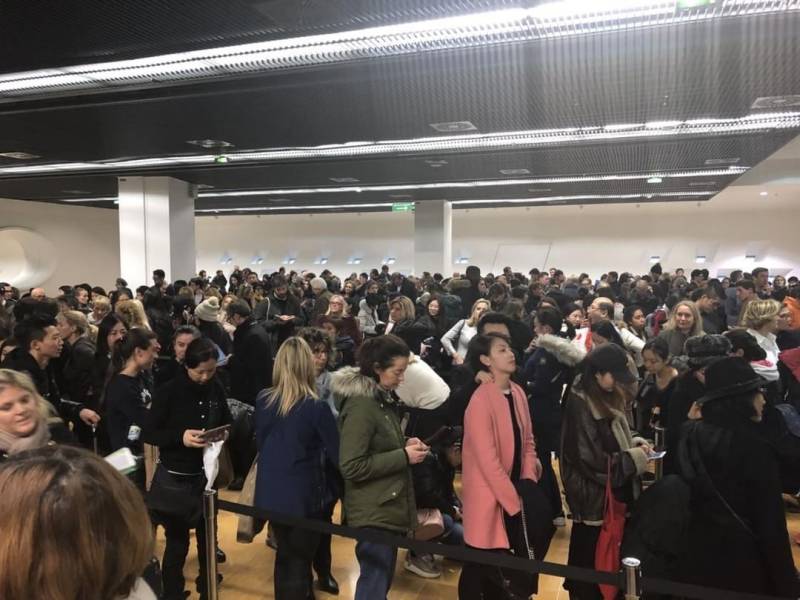
People reported waiting in line for 9 hours before entering the sale on the first day.
2. How do you feel about increased lack of exclusivity – seeing masses with the same goods
An under-discussed reason people buy ultra-luxury is to be different. In other words, if you have it, we don’t want it. Typically, studies of shopping habits refer to the “need to keep up with the Joneses” as a factor, especially with the explosion of social media boasting.
At some level, however, you may be purchasing to have things that others do not have. Call it exclusivity or simply a need to be different, when an item becomes “basic” you may no longer want it. An armful of Hermes clic-clacs may have seemed chic when you were the only person sporting them, but if dining with a table full of bangles, perhaps not. Half-price bracelets might be the nail in that jewelry coffin.
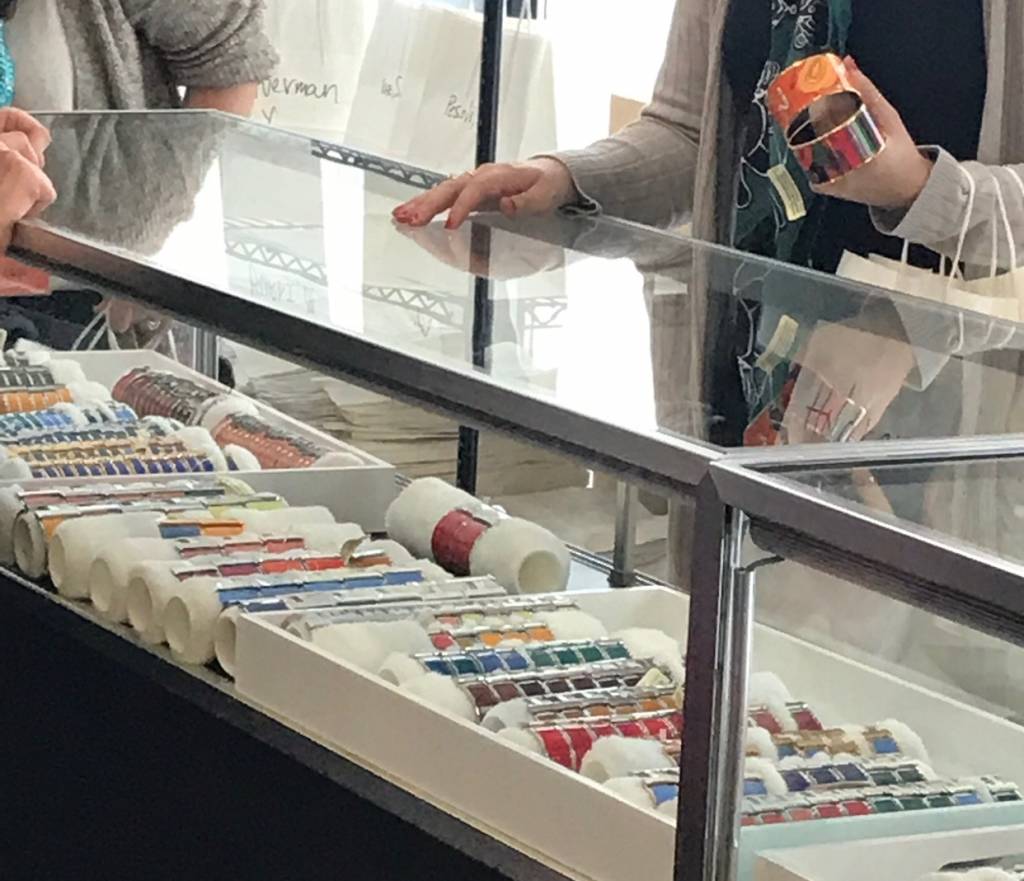
Hermès Clic Clacs available at 50% off.
Taken a step further, with complaints about alleged resellers monopolizing the big Hermès sales to monetize the goods in the aftermarket, the brand becomes even less exclusive. A larger and more diverse group obtains reduced price merchandise. More democratic, perhaps, but it also erodes exclusivity.
With Hermes bags, the issue is subtler. These bags never have reduced prices at Hermes. The opportunity to plunk down thousands for a Birkin or Kelly is considered a privilege. Nevertheless, long-time owners of these bags bemoan the brand’s increase in production and availability, even as others still decry the difficulty in obtaining them. The fact remains that these bags are more available than they ever have been. We need only look at the many of you who “confessed” to getting multiple bags in 2017, including PurseBop herself. A quick glance at hashtag #bagsof2017forpursebop on IG will undoubtedly prove our point.
We have questioned the loss of a brand’s exclusivity when it pushes lower cost items as way to expand its customer base, often to a new generation of aspirational customers (read: Bears, Bugs and Karlito: Trinkets are No Laughing Matter).
The risk of these sales is losing the established, dedicated consumer to another even more exclusive brand. In this regard, perhaps Hermes is safe – as it still is regarded by most as the top of the luxury chain… for the moment. Put another way, is there a place for die-hard Hermès lovers to turn if and when they are turned off by the mass market orange appeal?
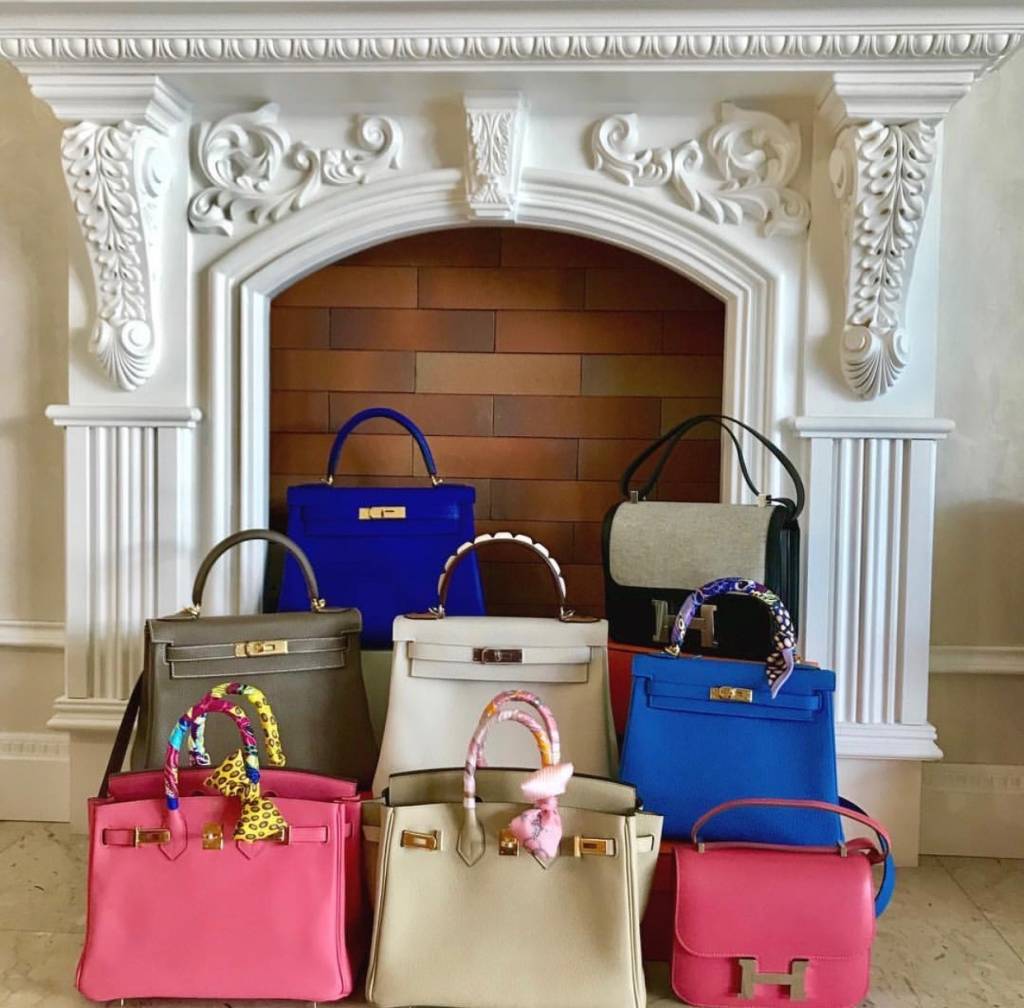
@bubbasteph shares her beautiful collection acquired in 2017 using hashtag #bagsof2017forpursebop on IG
3. Items not holding value
Whether you consider your collection an investment or not, there is a secret (or not so secret) jubilance in knowing that if you ever need or want to sell you can get all or part of the price paid back. Sometimes, this provides justification or excuse to lay out the cash. True, even lower end bags may fetch some coin at resale and consignment posts, but it typically is pennies on the dollar rather than a grand percentage.
The strength of resale, however, still correlates to that of the primary market. There’s little reason to purchase a pre-owned (even unused) Birkin if you can get a new one, unless it is less expensive or an impossible to find fabrication. In simple economic terms, if supply exceeds demand, prices should decline. We can observe that prices for many larger sized Hermès bags like the Birkin 35 have fallen in the secondary market. They no longer fetch the handsome 100% increase they once did. As a result, those bags collecting dust in your closet may no longer be worth what you had hoped. And they may not sell as quickly.
It’s a complicated topic and opinions will vary based on one’s history with the brand. What about you? Maybe you’re already planning a trip to Paris for the Hermès summer sales event . Or you’re not only staying away but complaining to your local Hermes sales manager. Let us know where you stand on the sales.
Read related articles:
The Increasing Accessibility of High Fashion
Is Hermes Still Playing Hard To Get?
Total Eclipse of Luxury
Luxury Retail Between a Rock and a Hard Place
Love PurseBop
XO
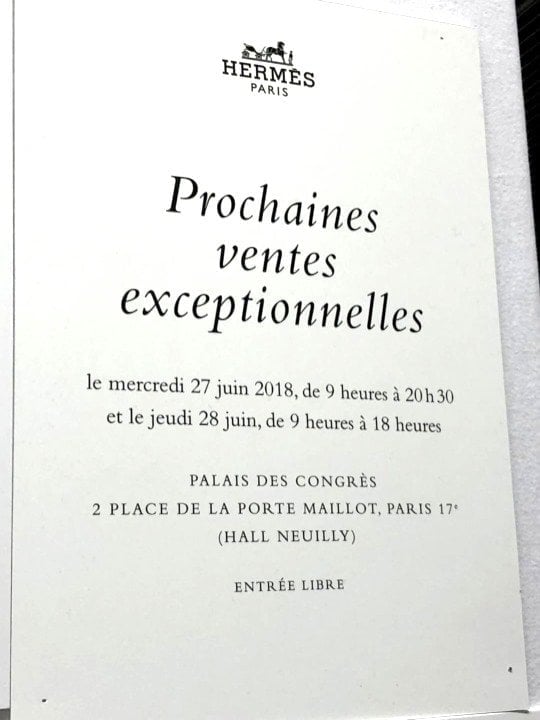
Hermès Summer Sale dates.
Updated: January 16th, 2018

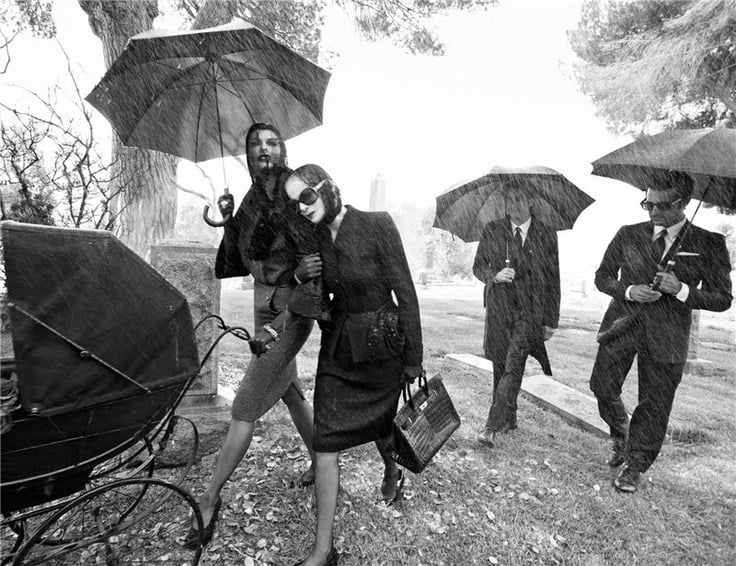


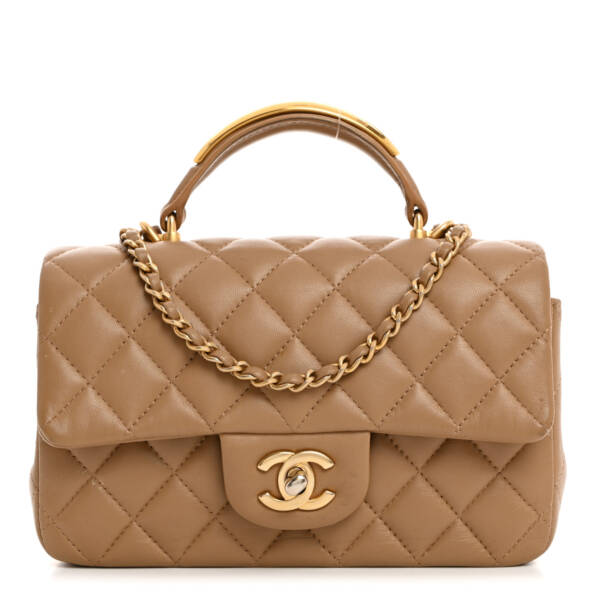
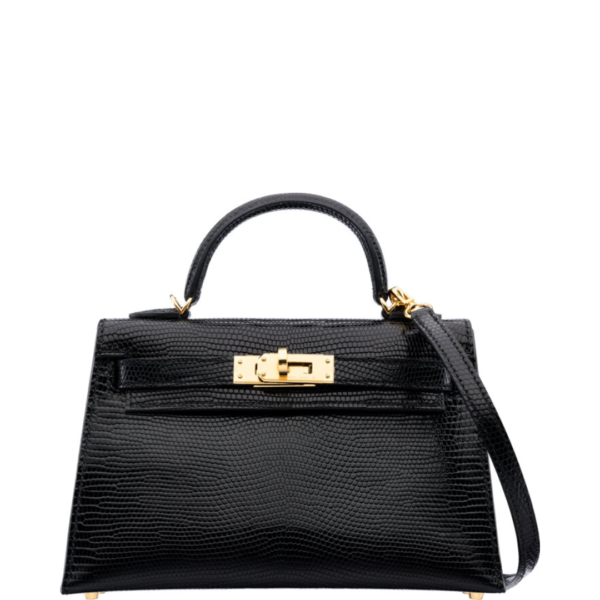
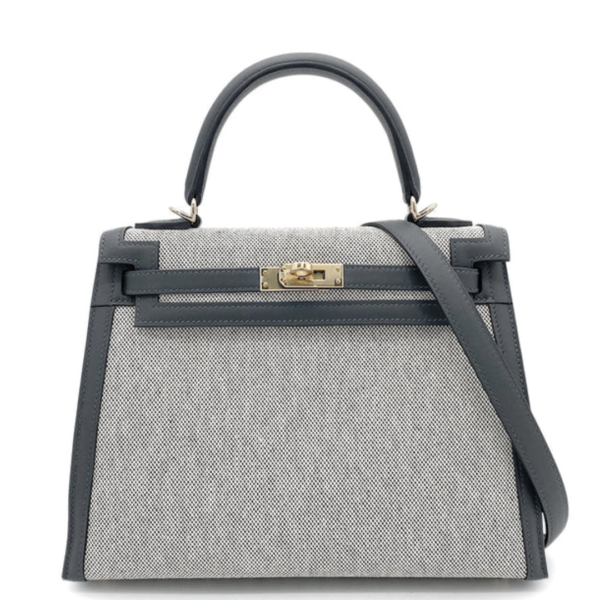
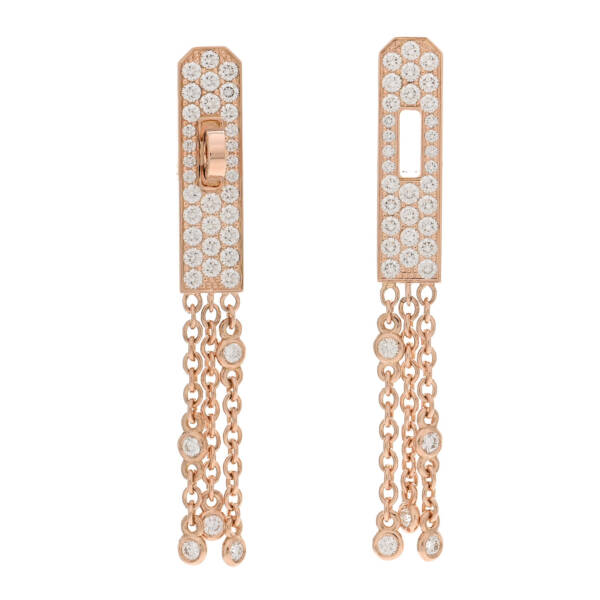
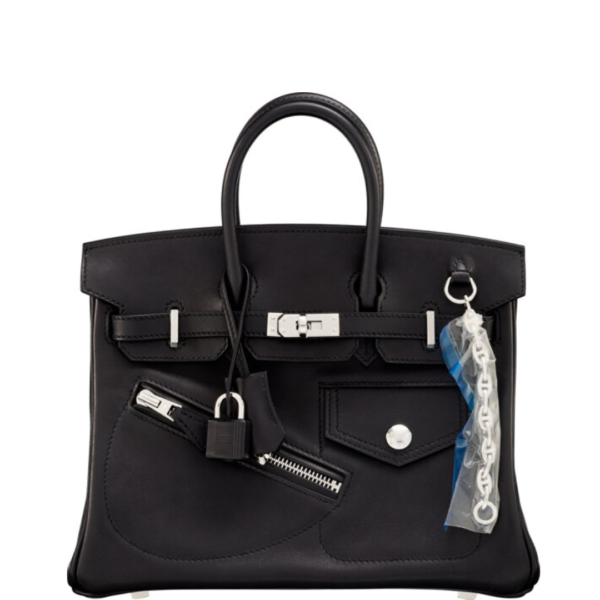
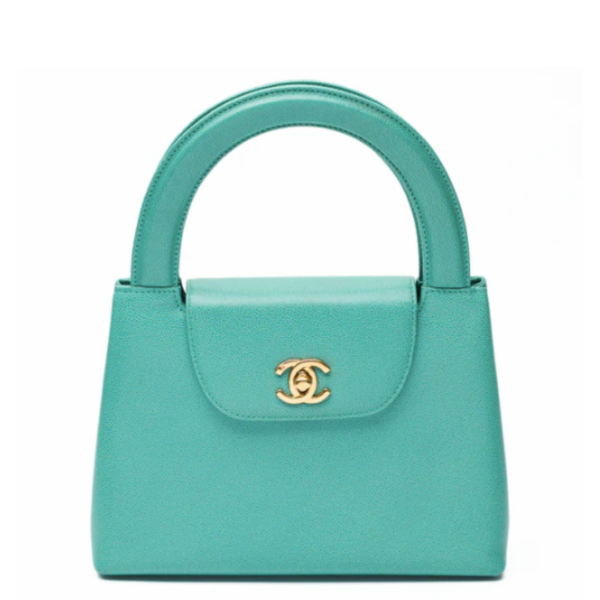
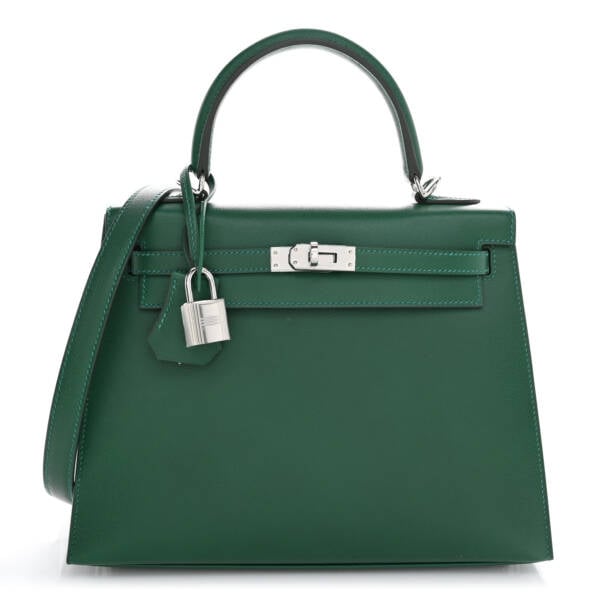
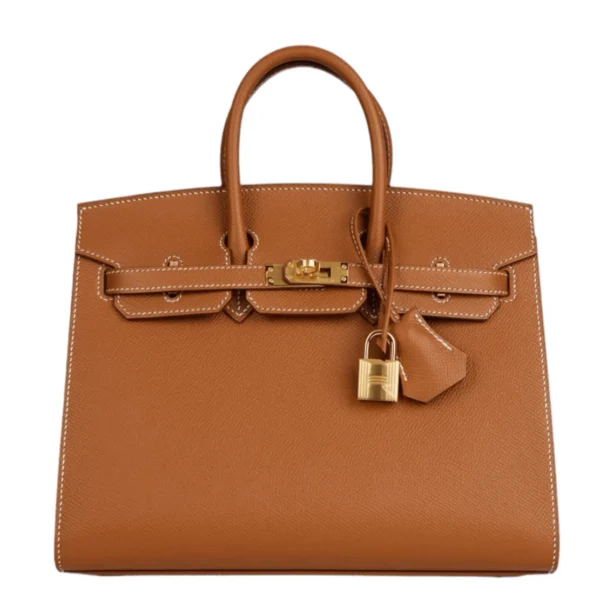
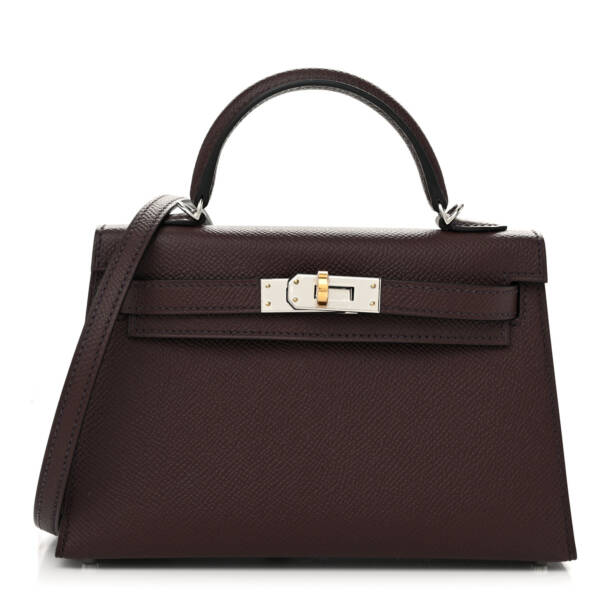
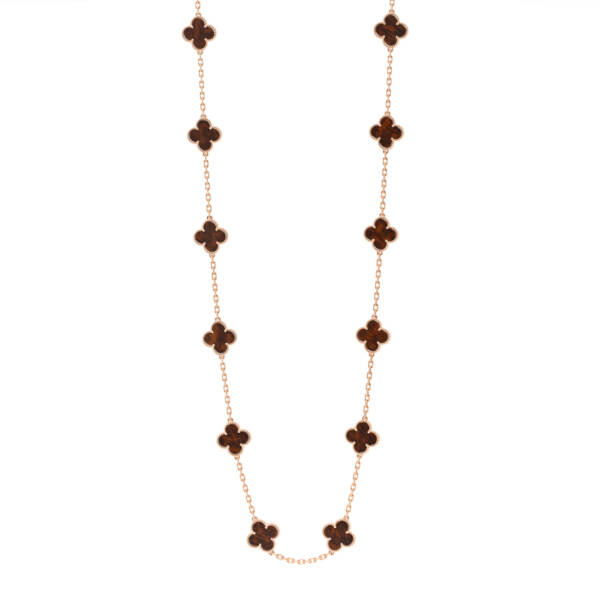
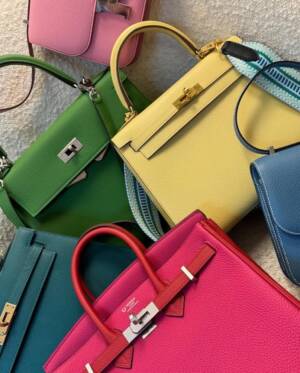
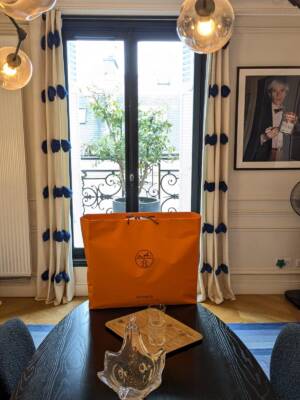

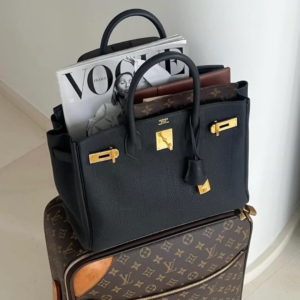
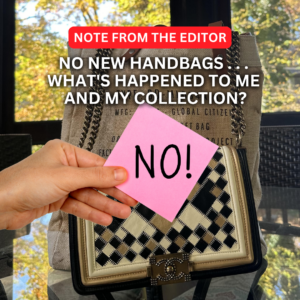
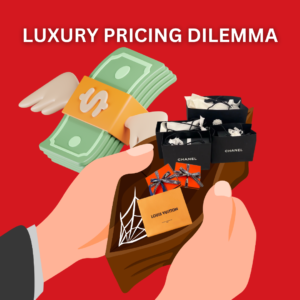

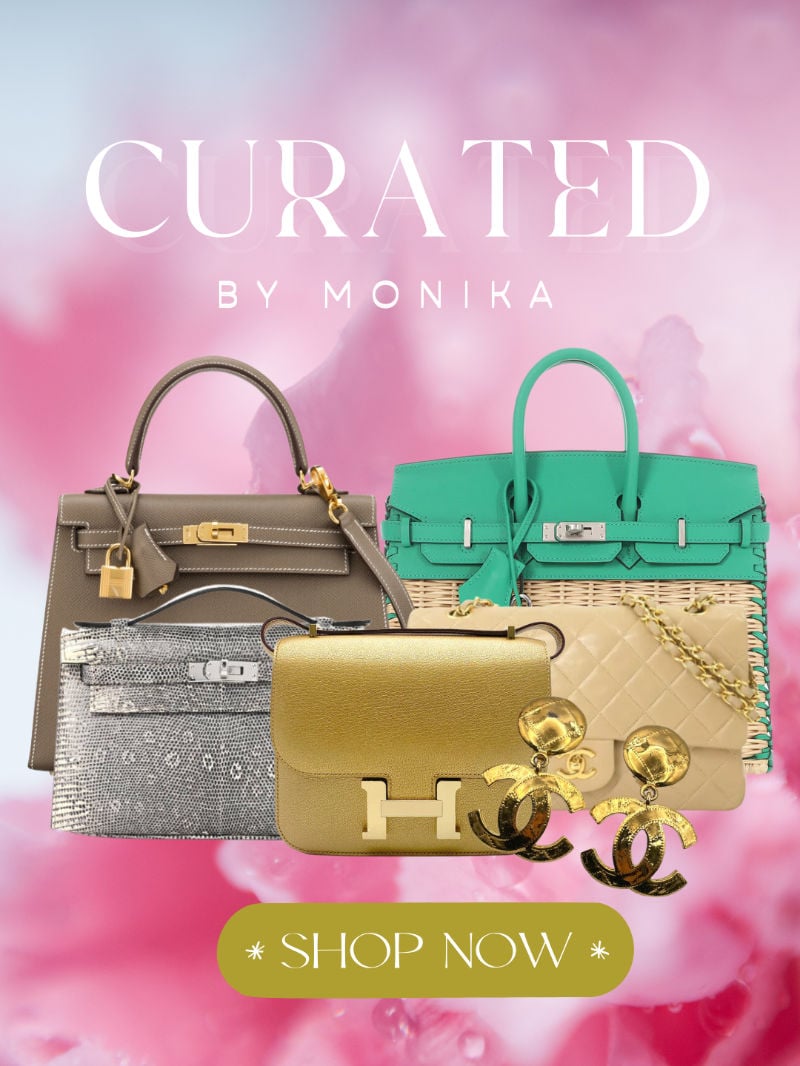

Comments
1 Responses to “Does Hermès Cheapen Its Brand With The Sales?”
Thanks Pursebop for such a thought provoking article – this is something that requires some serious pondering and I, for one,still feel that the Hermes brand is the ultimate name in luxury – and that it still retains its value and is worth the expense (says I who has just bought another Birkin !)
It is patently clear that the demand for the Birkin/ Kelly and Constance are the current tulip craze- however , these designs have been around a very long time and they still make me look twice and start thinking of how I can justify “another” bag…and I’m glad (and a little relieved) to say I’m not the only one.
I agree that the prices of certain sizes/ leathers/ skins/colors have softened of late – and yes, bags are more readily available- but , I would argue that the prices of even older, used bags are at least their original purchase price – but are typically more – and the realized gains from the sale are tax free !
You should use and enjoy your beautiful bag(s) and when and if you are ready to rehome…that the worst case scenario is Recouping the same cost (time pending )- there are very few assets that have that kind of track record !